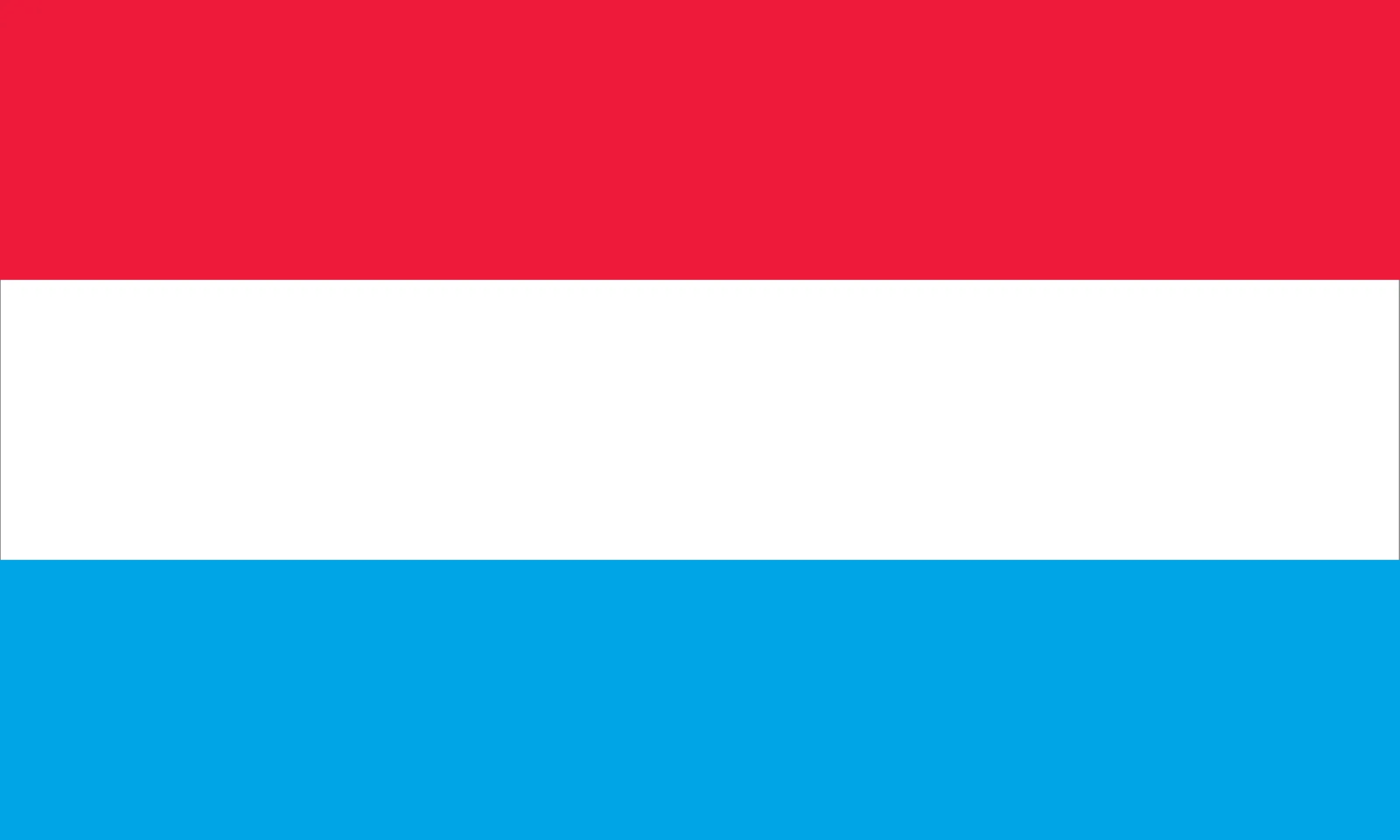
Officially known as the Grand Duchy of Luxembourg, Luxembourg is a landlocked country in Western Europe, bordered by Belgium, Germany and France. Despite being a small nation by land area, it is one of the wealthiest countries in the world, and holds a unique position as a founding member of several major international institutions, including the European Union, NATO, and the United Nations. Luxembourg is also known for its political stability and a high standard of living. Luxembourg City is Luxembourg's capital and largest city. Located atop dramatic cliffs and gorges where the Alzette and Pétrusse rivers meet, the city is known for its historic fortifications, important EU institutions (like the European Court of Justice), old town, and well-connected transportation (such as a free nationwide public transit system), and it is praised for its balance of rich history, green spaces, and modern development; making it a unique capital in Europe.
Floods and storms, along with landslides, earthquakes and wildfires.
In Luxembourg, drivers, including foreigners, get a 'virtual' licence for the purposes of traffic law. Each driver starts with 12 points, and when you commit a driving offence, points will be deducted. If a driver loses all 12 points, they can be banned from driving for 12 months. Driving-related fines include the following:
In addition, non-traffic offences include:
Traffic fines usually have 'taxed warnings' that must be paid within 45 days, where smaller municipal administrative fines often have shorter deadlines (15 days). If fines are not paid in time, fines may double (for traffic offences), or escalate to more serious legal penalties. Also, with Luxembourg participates in EU cross-border enforcement, fines for traffic offences committed in Luxembourg can be sent to foreign tourists abroad.
The official languages of Luxembourg are Luxembourgish, German and French.
Driving in Luxembourg is on the right, where overtaking is on the left, and winter tyres are required when driving in winter/icy/snowy conditions. The minimum age to drive and rent is 18. However, some rental companies may charge young driver fees for drivers under 23. UK drivers don't need an International Driving Permit (IDP) to drive in Luxembourg for visits up to one year, unless carrying an older paper licence, or one that was issued in Gibraltar, Guernsey, Jersey, or the Isle of Man.
In Luxembourg City (and other larger towns), parking is divided into zones, often colour‑coded, with different rules, time limits, and fees depending on what zone. And outside city centres, there are often Park & Ride (P+R) lots that allow drivers to park on the outskirts and use public transport to get into the centre. Be sure to carefully read signage for parking restrictions where some zones restrict parking times and/or require parking discs or permits.
Unleaded petrol (e.g., 95‑octane, E10), 98‑octane, and diesel are common, with LPG also available at certain stations. Leaded petrol is no longer sold. Petrol stations are generally open during the day; many are open 7 days a week, where some may have restricted hours (especially outside motorway/rest areas or in less populated areas). Most stations accept credit / debit cards. But automatic pumps (e.g. at off‑hours) may not always accept them.
The limit is 0.05%, but 0.02% for drivers with less than 2 years of experience.
Mandatory in all seats where belts are available.
Children under 3 need suitable child restraints; over 150cm can use belts.
Check out more of our Country Guides: